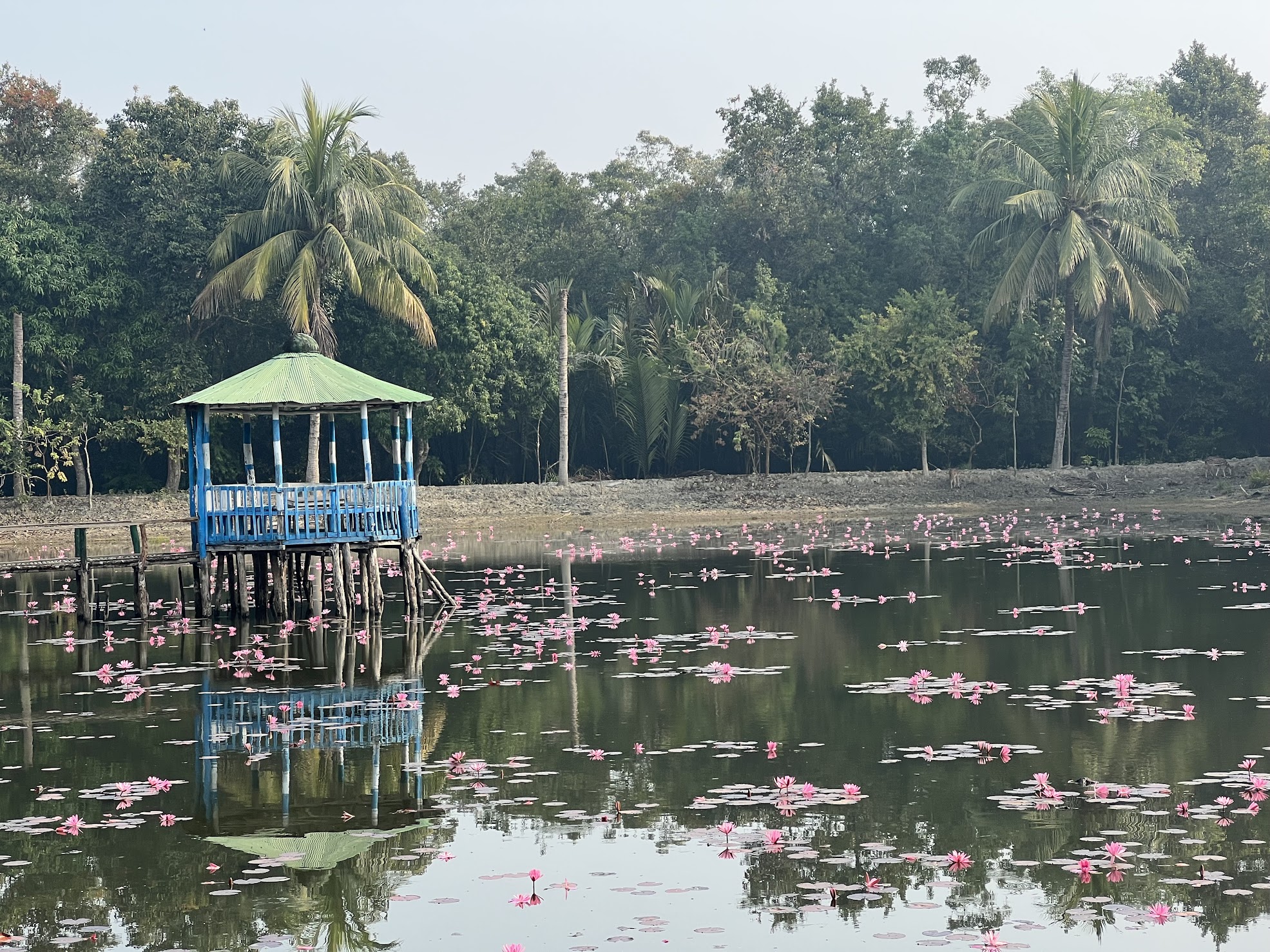A Sustainable Tourism Certification Program targeted at liveaboard and day boat operators (with different, flexible categories for each type of business) will be critical to ensuring the long-term sustainability of the industry. During the workshop with the Tour Operators of the Sundarbans (TOAS), over 60 participants representing a core stakeholder group within the SRF agreed or strongly agreed (76%) that they would like to join a Sustainable Tourism Program after learning about the benefits of the program in terms of branding and marketing and reduced costs.
The sustainable tourism criteria and guidelines for service providers – from liveaboard boat operators to community-run lodges – will help mitigate the negative impacts of tourism activities and maximize the positive impacts of tourism activities to contribute to conservation. BECA will provide technical assistance to the DMMO to create a Sustainable Tourism Certification Program and certify its members, offering multiple levels of “mangrove leaves” to signify higher compliance with the certification. BECA will also train local auditors to perform the assessments. This is a voluntary sustainable tourism standard and certification program where the globally practiced guidelines will be selected that are the best applied to the Sundarbans. In order to be certified, live aboard tour operators, Mongla Boat Associations, and community tourism destinations need to comply with a certain number of operational criteria that aim to reduce those impacts. They also encourage operators to train their staff in best practices, raise the awareness of their guests, and directly engage with conservation and community development initiatives.
- Effective sustainability planning
- Legal Compliance
- Reporting + Communication
- Staff Engagement
- Customer Experience
- Information and Interpretation
- Destination Engagement
- Maximizing social and economic benefits for the local community
- Community Support + Services
- Local Employment + Entrepreneurs
- Local Purchasing
- Equal Opportunity + Decent Work
- Enhancing cultural heritage
- Cultural Interactions
- Cultural Heritage
- Reducing negative impacts on the environment
- Conserving Resources
- Reducing Pollution
- Conserving Biodiversity and Ecosystems

